JOTA Artist-Scholar Cohort 2025-26
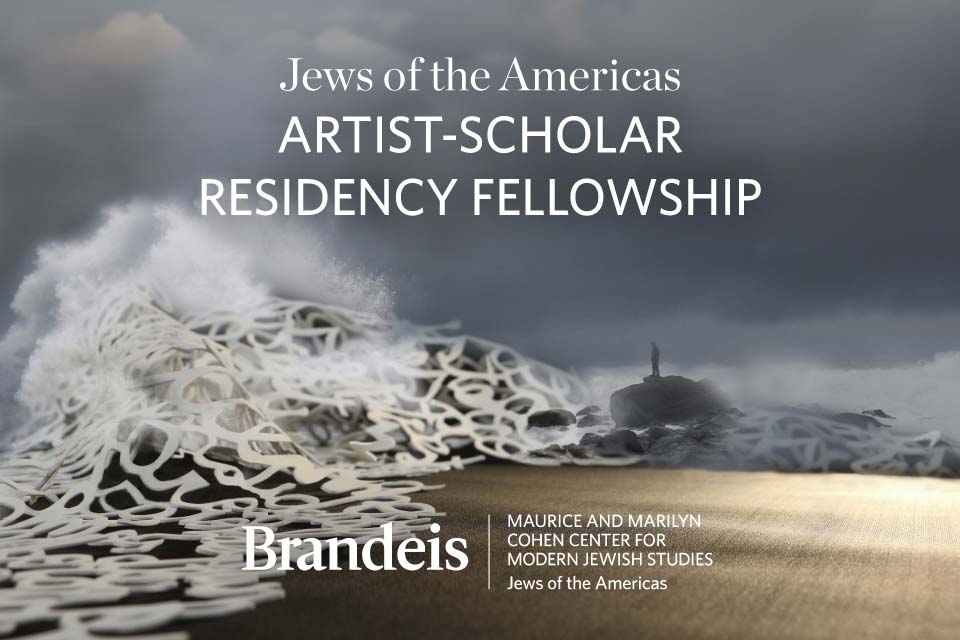
Photo Credit: Thy Nguyen
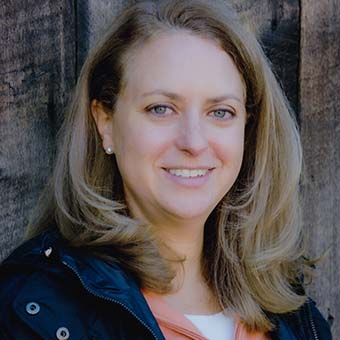
Becky Behar is a photo-based artist born in Colombia and now residing in the suburbs of Boston. Behar has exhibited her work nationally and internationally, including solo exhibitions at the Museum of Fine Arts (Boston, MA), Kniznick Gallery (Waltham, MA), The Griffin Museum of Photography (Winchester, MA), Workspace Gallery (Lincoln, NE), and Concord Free Public Library (Concord, MA). Her work has been featured in prominent publications such as A Photo Editor, Float Photo Magazine, Fraction Magazine, The Boston Globe, Jewish Boston, and What Will You Remember? She has received numerous accolades, including being named a Photolucida Critical Mass Top 200 finalist (2020), a finalist for the Griffin Museum of Photography John Chervinsky Emerging Photographer Scholarship (2020), and an awardee of the 16th Annual Julia Margaret Cameron Award for Women Photographers (2021). Her recent honors include a Concord Cultural Council Grant (2022) and a Combined Jewish Philanthropies Grant (2023).
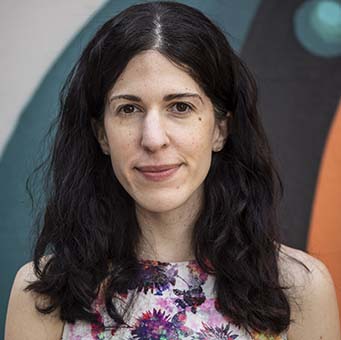
Margaret E. Boyle is Director of Latin American, Caribbean and Latinx Studies and Associate Professor of Romance Languages and Literatures at Bowdoin College. Margaret E. Boyle's teaching and research spans the languages, literature and cultures of early modern Spain and colonial Latin America. She is the author of Unruly Women: Performance, Penitence and Punishment in Early Modern Spain (University of Toronto Press, 2014) and co-editor of Health and Healing in the Early Modern Iberian World: A Gendered Perspective (with Sarah Owens, University of Toronto Press, 2021). Her primary interests include Hispanic women's literary and cultural history, comedia history and performance, and health humanities, including medical, spiritual and food cultures. Her newest book is Sabor Judío: The Jewish Mexican Cookbook (with Ilan Stavans, University of North Carolina Press, 2024).
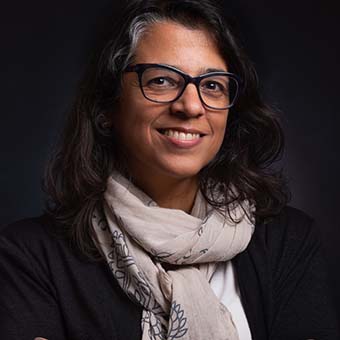
Adriana M. Brodsky is Professor of Latin American and Jewish History at St. Mary’s College of Maryland. Her book Sephardi, Jewish, Argentine: Creating Community and National Identity, 1880-1960, appeared in 2016, and her most recent publication is a co-edited volume called Jews Across the Americas (with Laura Leibman). She has published on Sephardi food, schools, beauty contests, and Latin American Jewish History in general. She is currently finishing a manuscript on Argentine youth in Zionist movements (1940s-1970s). She is co-President of the Latin American Jewish Studies Association (LAJSA).
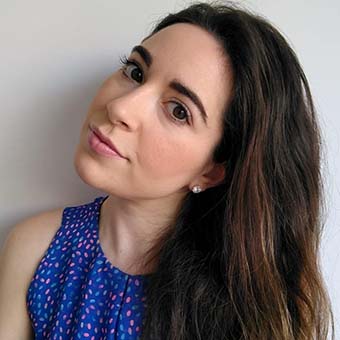
Yasmin Garfunkel is an Argentine singer, educator and researcher specialized in Yiddish language and culture. She has given concerts, lectures and workshops in Buenos Aires, Rio de Janeiro, Mexico City and Tel Aviv. Garfunkel is a member of the piano, flute and voice trio "Garfunkel-Garber-Brenlle," as well as the band Peretz Garcik, dedicated to the performance and composition of klezmer music and Yiddish songs. Together with Dr. Silvia Glocer, and under the framework of the Area of Research in Performing Arts and Judaism (JADE), she carries out the project "Sounding the Archives," which seeks to perform and preserve thenever-before recorded music of Jewish- European immigrants who arrived in Argentina during the 20th century. Garfunkel is the translator (Spanish into Yiddish) of the anthology "La lengua en filigrana," curated by Karina Lerman, which gathers poems by 12 contemporary Jewish Latin American women authors.
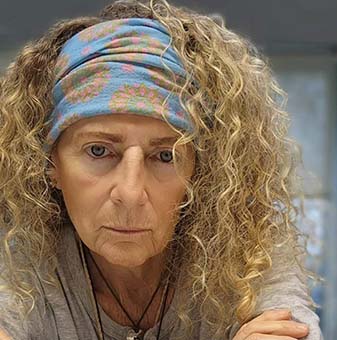
Myriam Jawerbaum is an architect and visual artist whose work is deeply rooted in contemporary textile practices and interdisciplinary art. Her work explores themes of identity, memory, social repair, and “otherness.” In Buenos Aires she is a leader of cultural and communal art spaces. She co- founded Fundación Cazadores in 2013, served as President of the Argentine Center for Textile Art (2020–2022), serves as Director of the LABA Buenos Aires, co-founded the Entresuturas art collective in 2012 and the Catarsis collective in 2004. Exhibiting her work since 1987, she has participated in solo and group exhibitions, international fairs, and biennials, representing Argentina on various global platforms. Her numerous accolades include the Grand Acquisition Prize in the Textile category at the 105th National Salon of Visual Arts in Argentina (2016). She lives and works in Buenos Aires, Argentina.
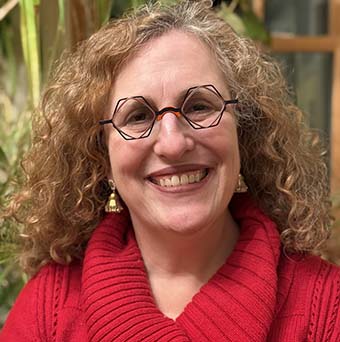
Adriana Katzew is an artist, educator, and scholar. Her photography-based art practice reveals her interest in social documentary, history, and marginalized voices. Her work strives to unearth stories and memories of people, moments and places. Dr. Katzew is Professor of Art Education at Massachusetts College of Art and Design, where she focuses on community engagement and social justice, Latine activism through the visual arts, and arts-based approaches to interdisciplinary teaching and learning. She holds a doctorate from Harvard Graduate School of Education, a law degree from the University of Pennsylvania, and a BA from Harvard University.
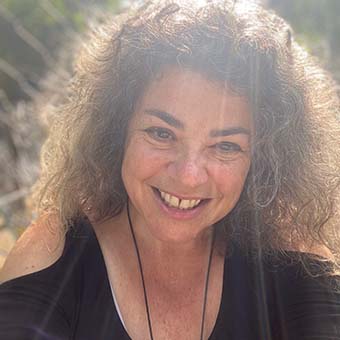
Deborah Leipziger is an author, poet, and advisor on sustainability and human rights. Born in Brazil, Ms. Leipziger is the author of Story & Bone, published by Lily Poetry Review Books (2023). Her poems have been published in ten countries in such journals as The Bombay Literary Magazine, Salamander, Lily Poetry Review, and Revista Cardenal. Her chapbook, Flower Map, was published by Finishing Line Press (2013). Deborah was named a 2023-2024 Community Creative Fellow for the Jewish Arts Collaborative. Ms. Leipziger has curated the New England Jewish Poetry Festival for 15 years. She has been a Poet in Residence at the Vilna Shul in Boston and serves as a Writer in Residence at the Center for Spirituality, Dialogue, and Service at Northeastern University. She was selected as a Scholar for the first inaugural conference of Yetzirah. A recipient of grants from the Massachusetts Cultural Council, Deborah has had residencies at T S Eliot House and WellspringHouse. Deborah is the author of several books on human rights and sustainability; her books have been translated into Portuguese, Korean, and Chinese.

Denise León (1974, Tucumán, Argentina) holds a PhD in Literature and conducts research at Consejo de Investigaciones Científicas y Técnicas (CONICET) in Argentina. She currently teaches Latin American Literature at Universidad Nacional de Salta and Communications Theories at Universidad Nacional de Tucumán in Argentina. Her critical works include Izcor: La vela encendida. Cinco relatos de mujeres que hicieron el Shabbat (2002); La historia de Bruria (2007); El mundo es un hilo de nombres. Sobre la poesía de José Kozer (2013) and numerous articles in Argentine and international journals on poetry and mysticism on 20th and 21st century Latin American Literature. She has also published the following books of poetry: Poemas de Estambul (Alción, 2008), El trayecto de la herida (Alción, 2011), El saco de Douglas (Paradiso, 2011), Templo de pescadores (Alción, 2013), Sala de espera (elCRUCEcartonero, 2013), Poemas de Middlebury (Huesos de Jibia, 2014), Mesa de pájaros (Bajo la luna, 2019), Árbol que tiembla (La Ballesta Magnífica, 2022), and Nostalgias del Imbat.Poesía reunida (EDUNT, 2023).

Alejandro Meter is a documentary and portrait photographer specializing in long-term projects. His work explores diverse themes, including Latin American writers in contexts such as the U.S.-Mexico borderlands, the Latin American Jewish diaspora, and crime fiction. His photography has been featured in print and digital media across the United States, Latin America, and Europe, and exhibited in the United States, Mexico, and Argentina. Born in Buenos Aires, Argentina, and raised in Los Angeles, Meter earned a PhD in Latin American Literary and Cultural Studies from the University of Pittsburgh. He is the chair of the Department of Languages, Cultures, and Literatures at the University of San Diego, where he teaches courses on Latino and Latin American studies, crime fiction, and visual culture in Latin America. His academic work focuses on the Jewish diaspora in Latin America, as well as themes of social justice and human rights, particularly in dictatorial and post-dictatorial narratives. His portraits of writers have been widely published in academic journals, magazines, and exhibition catalogs. Recent solo exhibitions include Rostros del Crimen (Faces of Crime) at the National Library of Argentina and Postales del Confinamiento (Postcards from Confinement) at the Biblioteca Iberoamericana Octavio Paz in Guadalajara, Mexico. His book Postales del Confinamiento was published by the University of Guadalajara Press in 2023. For the past two years, he has been working on Border Noir, a film about crime fiction that is currently in production.
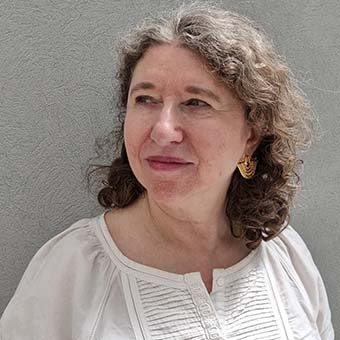
Susana Skura is a sociocultural anthropologist, social psychologist, and magister in discourse analysis. Skura is Chair of Linguistic Anthropology, Chair of Discourse and Image in Anthropology. She is educator in Ethnolinguistics and coordinates and teaches Practices and Poetics of Argentinian Jewry at Buenos Aires University. Dr. Skura’ coordinates the Performing Arts and Jewishness Research Area at the Institute of Performing Arts (University of Buenos Aires). She is also a foundational member of the Argentine Association of Comparative Theater; a member of the Board of Directors of the Latin American Jewish Studies Association and Expert Consultant for the IWO Foundation in Ethnolinguistics and Theater, and researcher and interviewer at the Civil Association Memoria Abierta Oral Archive. Skura’s works include Reflexiones sobre el ídish (2012), Sh. An-ski. El Dibuk: Teatro y Etnografía (2012); Oysfarkoyft/Sold Out: Yiddish theater posters in Argentina (2006); Argentine Yiddish Theater (1930-1950) (2016); El Dibuk entre dos mundos: Un siglo de metaforas (2019;) and Categorías de la tradición, tradición de las categorías: Judeidad en el teatro, la música y la literatura (2024).
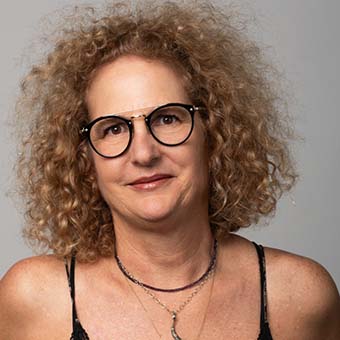
Sylvia Tenenbaum, a textile artist born in Guatemala City, 1965, explores materials, textures, and cultural heritage in her installations. A self-taught artist, Sylvia earned a BA in Hispanic Literature and an AA in Fashion Design. Her notable works include PALOPÓ, a large-scale aerial mosaic, about the community of Santa Catarina Palopó of Lake Atiltlán (winner of Public’s Choice Medal at the London Design Biennale); Weaving Geographies, which represents the Ixil community from northern Guatemala and the department of El Quiché; and Lo Innombrable, a memorial piece exhibited at the Holocaust Museum in Guatemala City. Tenenbaum’s most recent works are large hand-woven prayer rugs, studies of light–woven on foot looms into fabric that invite spiritual contemplation. These pieces explore the intersection of geography, spirituality, and the human hand, offering a meditation on the sacred, the personal, and the transcendent.
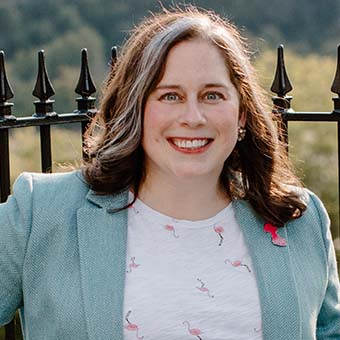
Laura Hartmann-Villalta is a feminist Latina whose academic scholarship focuses on visual Culture Studies, Women’s Studies, and early 20th century Anglophone Literature. Her research interests include interrogating dominant narratives of history from the viewpoints of those on the periphery. Fluent in Spanish with Costa Rican heritage, Hartmann-Villalta lived the first four years of her life in the Dominican Republic and Mexico and spent her entire undergraduate education studying in Madrid, Spain. She was a 2023 Jewtina y Co’s Puentes Leadership Fellow. Presently, she is a lecturer in the University Writing Program at Johns Hopkins University, where she teaches “Community-Engaged Writing: Latino/Jewish Intersections – Jewtina,” an upper-level writing course focused on meeting the writing and research needs of the non-profit Jewtina y Co while also introducing students to the history, culture, and traditions of Latin-Jews both in Latin America and in the United States.